News | Events | Digital PR | Advertising
North Korea Cracks Down Foreign Influence With Smartphone Surveillance
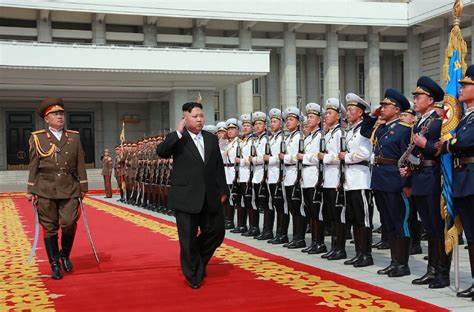
A smuggled smartphone from North Korea has revealed the country’s latest efforts to tighten control over information from South Korea. The phone, which was brought out of the country in late 2024, provides rare insight into the regime’s expanding digital censorship tactics.
North Korea has long restricted access to outside media and strictly prohibits internet access for its citizens. But this device shows that authorities are now targeting not only foreign TV content but also the language used by citizens.
South Korean television dramas and entertainment programs have been widely smuggled across the border in recent years, often via USB drives or SD cards. These shows portray a more free society, posing a perceived threat to North Korea’s controlled narrative.
In response, North Korean leader Kim Jong-un has issued sweeping bans on South Korean media. But the phone reveals that censorship now extends to everyday communication. When users attempt to type the South Korean slang word “oppa”, commonly used by women to refer to older male friends or boyfriends—it is automatically replaced with the term comrade. A warning appears, stating the word can only be used in reference to actual siblings.
The censorship is even more pronounced when users try to reference South Korea directly. Typing “Namhan” (the Korean name for South Korea) triggers an automatic change to puppet state, echoing Pyongyang’s official stance on its neighbor.
Disturbingly, the phone also appears to take periodic screenshots, approximately every five minutes. These image files are hidden from users and can only be accessed by authorities, indicating a form of surveillance likely intended to monitor and punish the consumption of banned content.
The emergence of this phone adds to growing concerns over human rights and digital freedom in North Korea, where simply watching a foreign show or using a colloquial term can carry severe consequences.
Explore more
Tiwa Savage Marks Triumphant Return with New Album “This One Is Personal” After Five-Year Hiatus
After a long wait, Nigerian music superstar and queen of Afrobeats, Tiwa...
Scientists Research Nigeria’s Okra, Maize, Four Other Crops During NASA’s Space Mission
International astronauts will research six indigenous Nigerian crops and seeds during the...
Tinubu appoints Omotenioye Majekodunmi as Director-General of National Council on Climate Change
President Bola Ahmed Tinubu has appointed Mrs. Omotenioye Majekodunmi as the new...
Tinubu Extends Tenure Of The Comptroller-General Of Customs By A Year
President Bola Tinubu has approved a one-year extension of the tenure of...
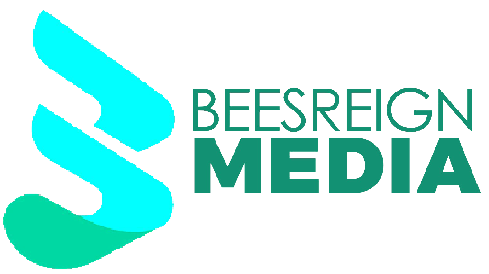



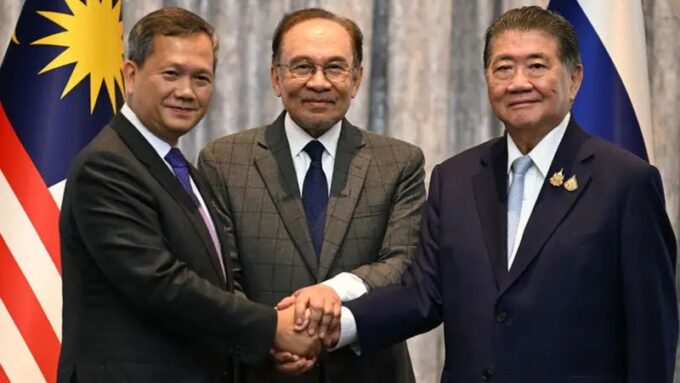


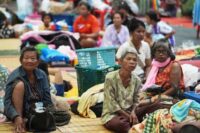


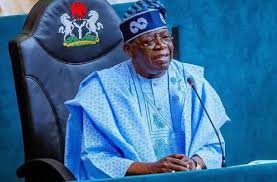

Leave a comment